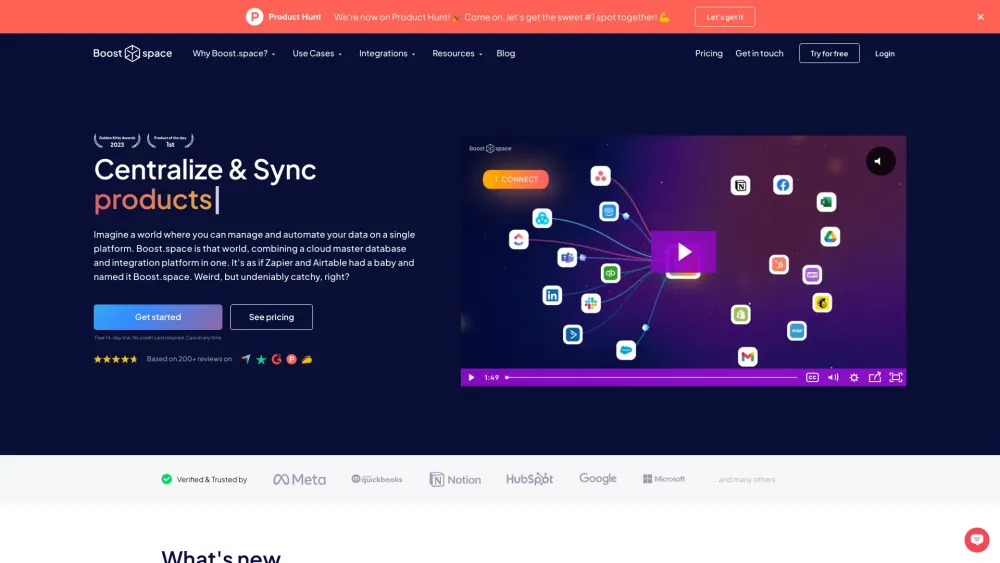Every day, millions of employees around the globe dedicate countless hours to mundane tasks, such as converting documents to PDFs, uploading them to a drive, and emailing them to their teams. While UiPath has been a trailblazer in robotic process automation, it has shifted towards an AI-centric approach, competing with emerging startups like Signavio and Servicetrace. Enter Bardeen, a fresh player set to revolutionize workplace automation with a new funding infusion.
Bardeen offers a platform that harnesses natural language processing to streamline repetitive knowledge work. With a recent funding round bringing in $3 million, its total investment now reaches $22 million. What makes this noteworthy is the influence of its new investors—Dropbox and HubSpot—as strategic backers through their respective venture arms, Dropbox Ventures and HubSpot Ventures. These collaborations will enhance the distribution of Bardeen’s innovative technology, launching on Thursday.
If you imagine a blend of “Zapier with enhanced AI capabilities,” you’re on the right track with Bardeen. However, its solution is significantly more refined than that description implies. Designed with the average employee in mind rather than IT specialists, Bardeen’s interface exemplifies user-friendliness.
The platform boasts a wealth of capabilities: it can seamlessly transfer text between documents, gather relevant online information, and compile that data into emails for straightforward dispatch. Bardeen proudly claims a user base exceeding 300,000, including over 1,000 paying clients like Deel, Miro, Kearney, WPP, and 10Web.
Founded in 2020 by Artem Harutyunyan and Pascal Weinberger, Bardeen operates as a context-aware browser extension. Its agents can perform a "planning" phase after receiving user instructions, promoting consistency in task execution. Additionally, the platform adapts over time, learning from user behavior.
Integration is another strength; Bardeen connects with over 100 tools, including Microsoft 365, various CRM systems, and sales platforms. This adaptability is crucial, as ensuring an AI system delivers consistent outputs is often challenging. As Pascal Weinberger, CEO of Bardeen, explains, "The issue with many AI solutions lies in their inability to achieve repeatability. Providing the same task might yield different results each time, which is inherently tied to language models but detrimental to real-world use cases."
So, how does Bardeen ensure effectiveness? "You enter a prompt, like 'take the meeting notes, convert them to a PDF, extract email addresses, and send the PDF to attendees,'" Weinberger elaborated.
"The platform processes this through a language model, where the real distinction emerges. It incorporates a planning phase, allowing the model to identify tasks such as accessing the calendar, pulling event details, and creating the PDF. Once the plan is developed, even additional requests like 'send the PDF to Pascal on Slack' can be easily executed.”
Once established, the model adheres to its plan: "The next time I ask for the same task, it's treated as a learned skill, much like training an assistant or junior team member. Users can execute this entire process using natural language, enabling anyone to build their own automation efficiently."
A pertinent question arises regarding the LLMs powering the platform. Weinberger shares that they utilize Gemini for interpretation and OpenAI's GPT models for specific automation tasks. "With each week bringing new model releases, we continuously benchmark their performance on various tasks."
While established players like Zapier and UiPath rapidly adapt to changing landscapes, Bardeen appears well-positioned for substantial growth, at least for the time being.





